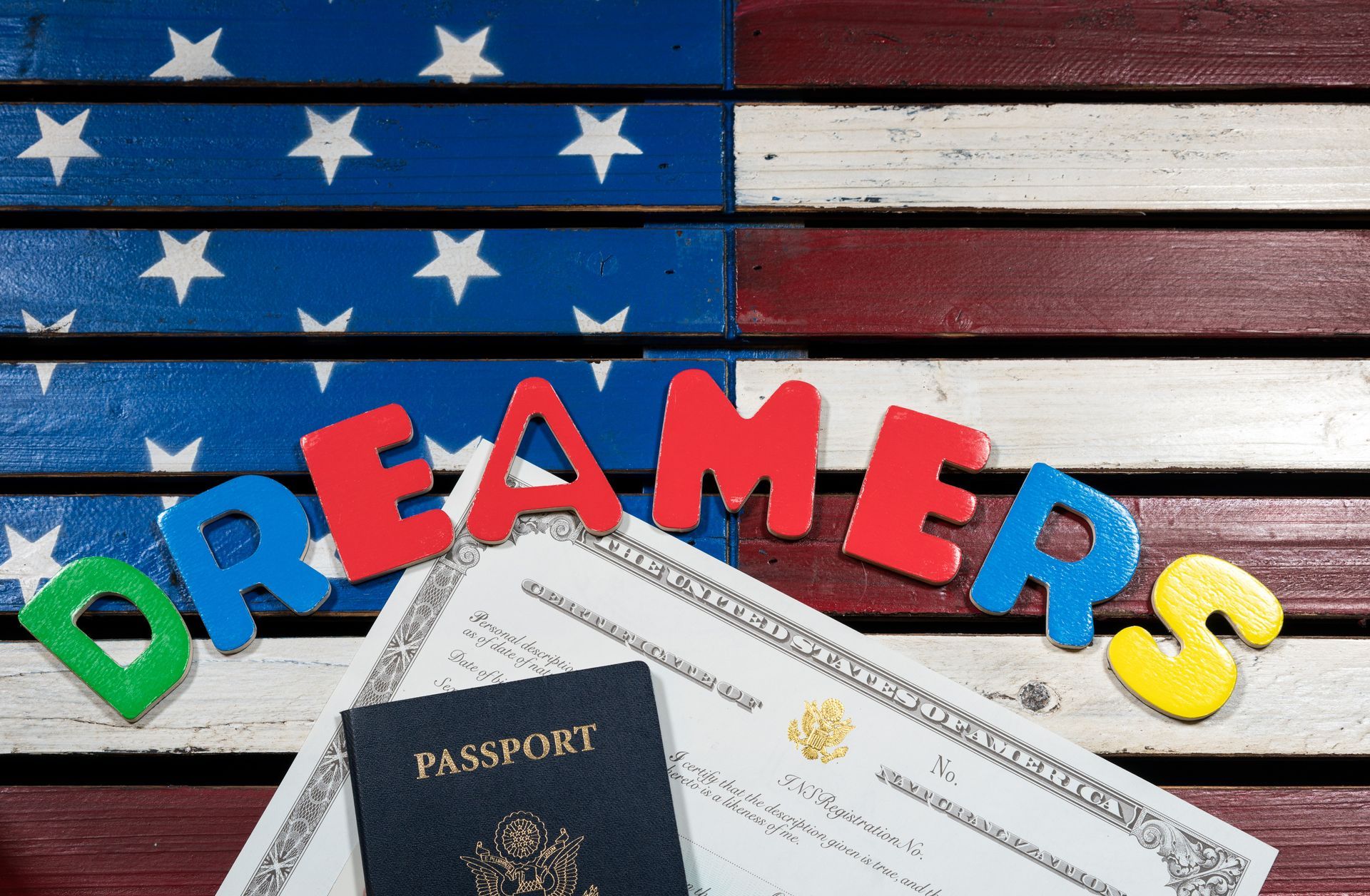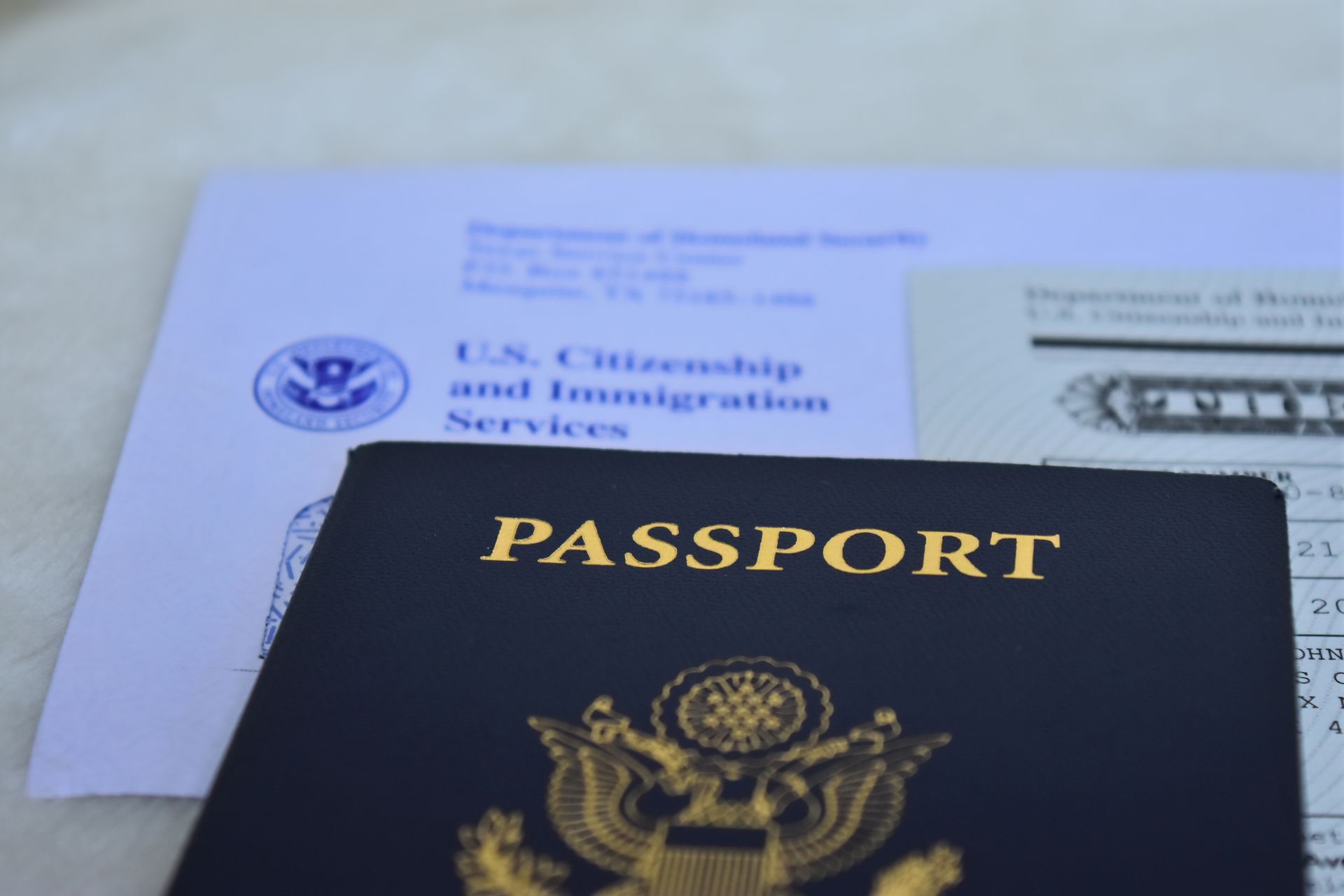What Is an Inadmissibility Waiver?
What Is an Inadmissibility Waiver?
When applying for a visa, green card, or other immigration benefits, some individuals may be deemed inadmissible to the United States due to past legal violations, health concerns, or other factors. This means they are legally barred from entering or staying in the country. Common reasons for inadmissibility include criminal records, prior immigration violations, misrepresentation, or certain medical conditions. However, in some cases, an inadmissibility waiver may provide an opportunity to overcome these barriers.
How an Inadmissibility Waiver Works
An inadmissibility waiver is a legal request asking immigration authorities to overlook specific grounds of inadmissibility. The U.S. government recognizes that certain individuals have compelling reasons to remain in or enter the country, despite their inadmissibility. Depending on the type of waiver requested, applicants must demonstrate that denying entry would cause hardship to a qualifying U.S. citizen or lawful permanent resident relative. The process varies based on the specific immigration application and the reason for inadmissibility.
Types of Inadmissibility Waivers
Different types of waivers are available depending on the reason for inadmissibility. The I-601 waiver is often used for family-based immigration cases where an individual must show extreme hardship to a spouse, parent, or other qualifying relative. The I-601A provisional waiver applies to unlawful presence cases, allowing applicants to seek a waiver before leaving the U.S. to complete visa processing abroad. Other waivers apply to health-related inadmissibility, criminal convictions, or fraud and misrepresentation. Each waiver type has specific eligibility requirements and evidence that must be provided.
The Impact of an Inadmissibility Waiver on Immigration Cases
Receiving an inadmissibility waiver can significantly affect an immigration case by allowing the applicant to proceed with their visa or green card application. However, approval is not guaranteed. U.S. Citizenship and Immigration Services (USCIS) carefully reviews each request, considering the applicant’s background, family ties, and the potential consequences of denial. If a waiver is granted, it removes the inadmissibility barrier, but applicants must still meet all other immigration requirements. If denied, options for appeal or reapplication may be available.
Seeking Guidance on the Waiver Process
Applying for an inadmissibility waiver involves detailed documentation and legal arguments to prove eligibility. Since every case is unique, it is important to gather strong evidence and submit a well-prepared application. Working with an experienced immigration attorney can improve the chances of success by ensuring that all legal requirements are met and that the waiver request is presented effectively.
For those facing inadmissibility issues, Diaz Shafer Immigration in Tampa, Florida, provides legal assistance with waiver applications. Contact our office to discuss your situation and explore the best path forward.













